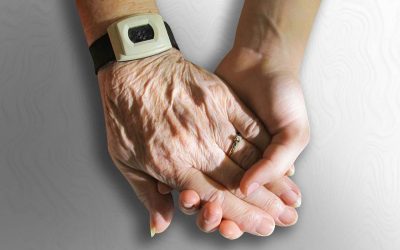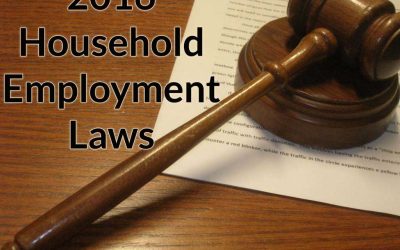If you employ a nanny or other household employee, you may be wondering if domestic workers are exempt employees. Use our helpful chart to make sure you are compliant with the new FLSA rules on overtime pay for exempt employees.
Blog Category:
Tax & Wage Laws
Exclusion of Sleep Time Hours for Domestic Workers
The exclusion of sleep time hours for domestic workers was not impacted by the Department of Labor’s Home Care Final Rule last year, but it can be a little confusing to understand who can be excluded from being paid during sleep hours. See our handy guide to keep you compliant.
New York Paid Family Leave Law Impacts Families That Employ Nannies
Does the New York Paid Family Leave law affect household employers and nannies? Yes it does! The benefits are phased in gradually and all employers in New York must comply.
I Hired an Undocumented Worker – Am I in Trouble?
This year's presidential election has brought many topics to the forefront of American minds, including increased discussions about illegal immigration. Ivana Trump, ex-wife of candidate Donald Trump, recently weighed in on employing immigrants in an article in the...
Guide for Employing Home Care Workers
The Department of Labor (DOL) recently released a new publication to help families that employ home care workers deal with the very strict wage and hour requirements of the federal Fair Labor Standards Act (FLSA), the federal minimum wage and overtime law that applies...
Minimum Wage in California to Rise to $15 an Hour
Governor Jerry Brown and state legislators reached an agreement yesterday that will raise the minimum wage in California to $15 per hour by 2022. While not officially signed into law yet, it is expected to be approved by the state assembly soon. California will then...
How to Avoid Discrimination During Interviews
Household employers sometimes struggle with their home being both a personal residence and a workplace for others. The U.S. government enforces many laws and regulations that protect workers against discrimination, so household employers must recognize that their home...
2016 Household Employment Laws
It’s a new year, and with that come changes or new laws and regulations that impact employers across the country, including household employers. Here is a brief overview of 2016 household employment laws. Minimum Wage Minimum wage changes have already occurred in...
W-2s for Household Employees
It's that time of year again - tax season! Many household employers may have questions regarding W-2s for household employees. Please see the answers below to some of the most commonly asked questions. Q: Does my nanny receive a 1099 form? A: No. Household employees,...
Sign up for our Newsletter
Household Employer Digest











 Get your free:
Get your free: